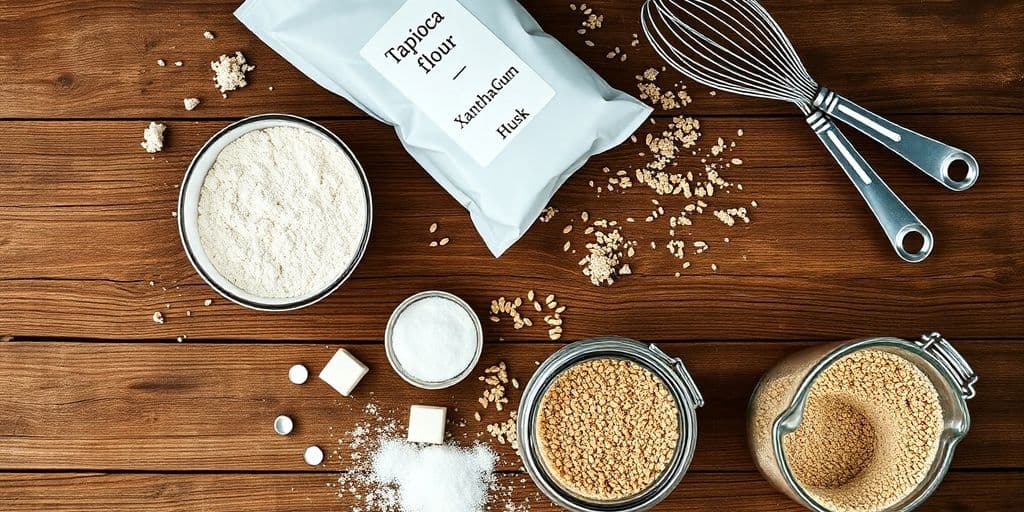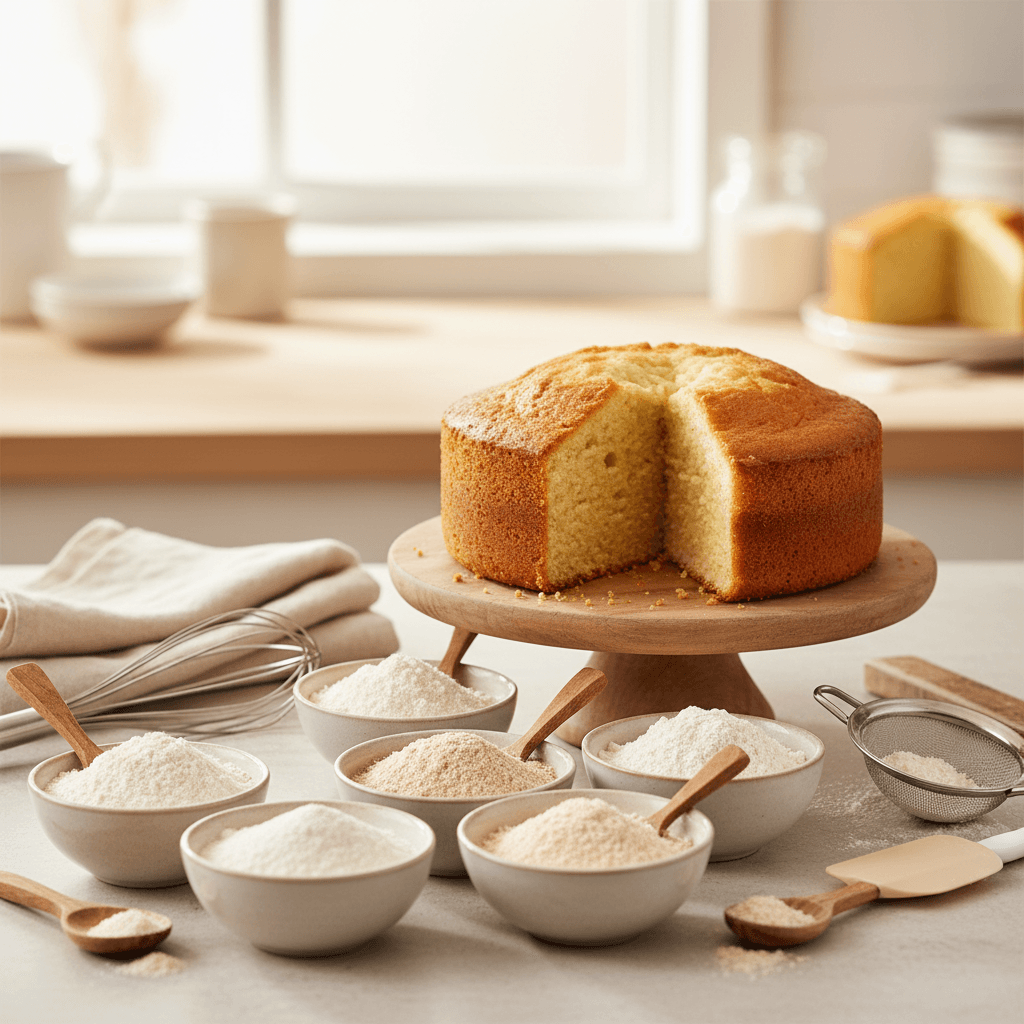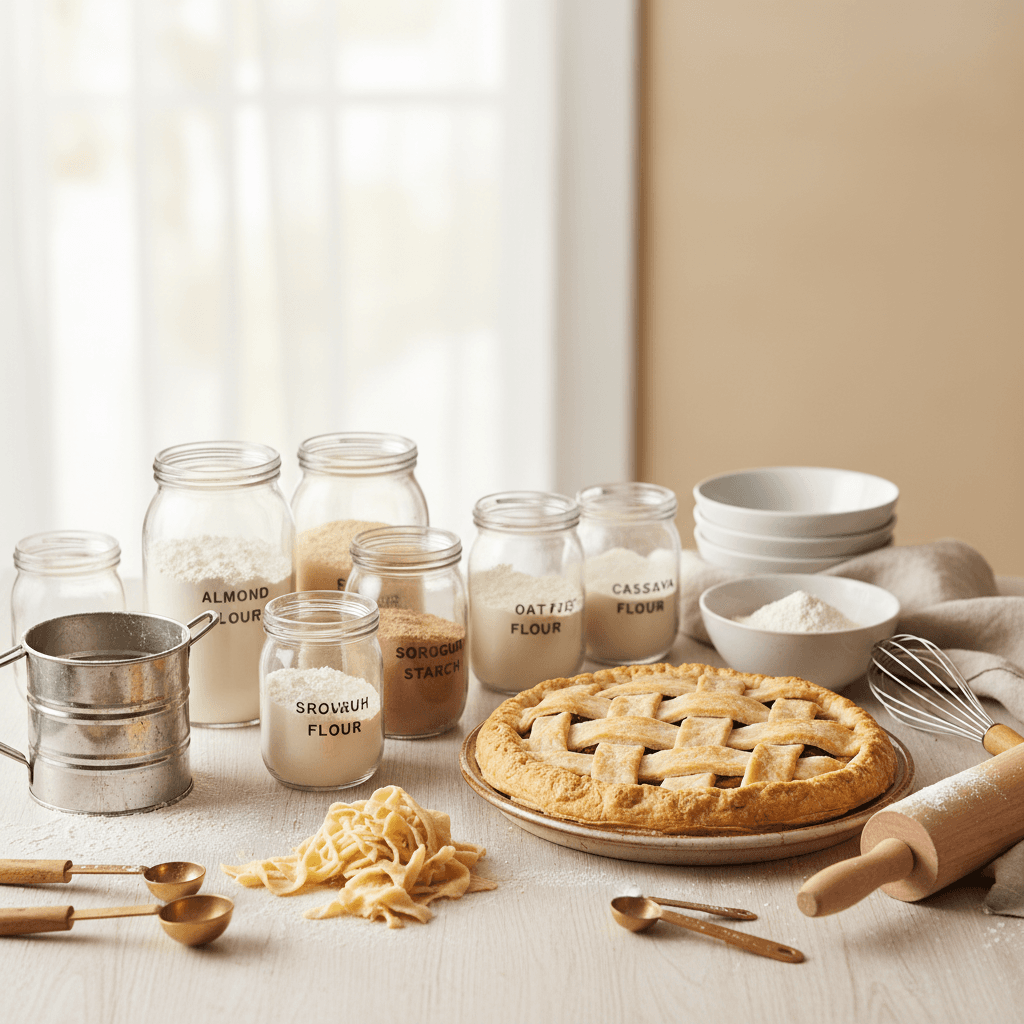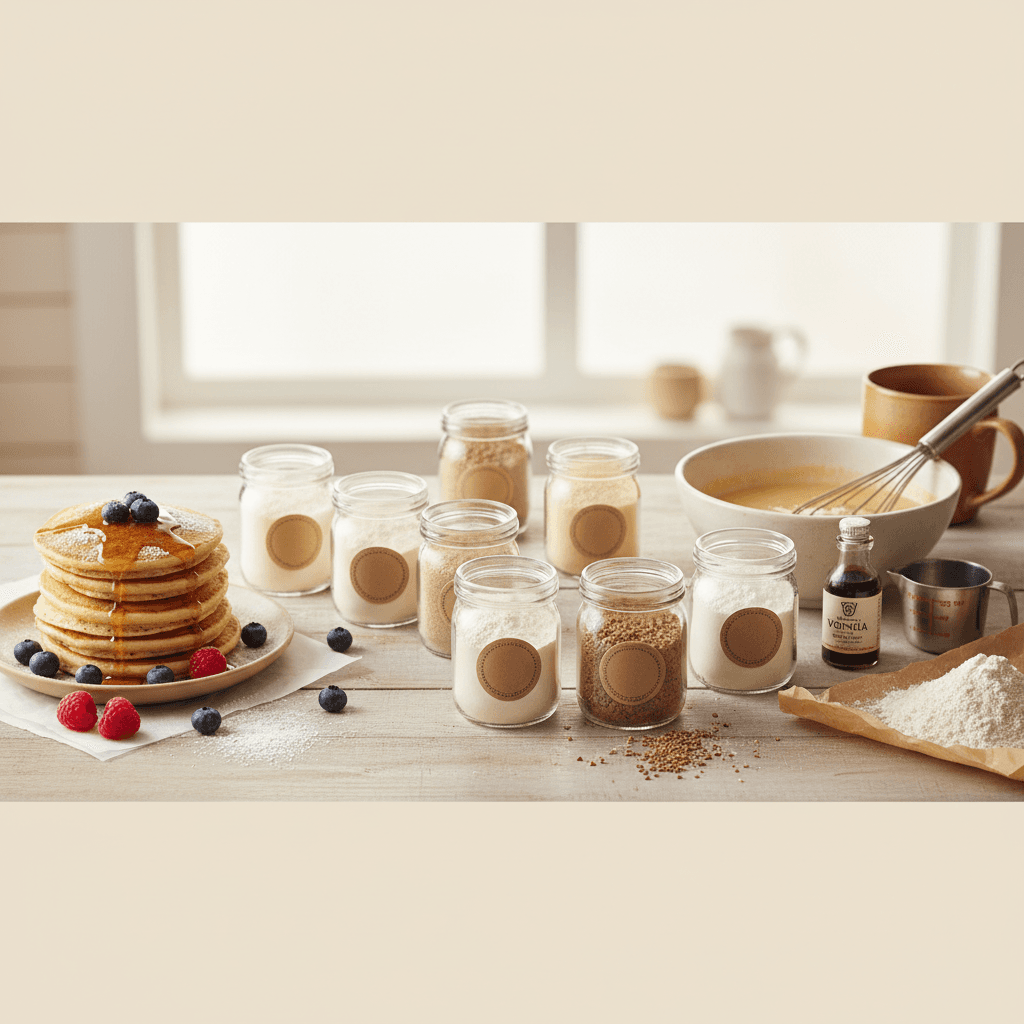So, we're talking about gluten-free baking today, and let's be real, it can be a bit tricky. When you take out the gluten, which is what usually holds everything together, things can get crumbly and just not quite right. But don't worry! We've found some amazing gluten-free baking binder alternatives that really work. These binders help get that perfect texture and keep your baked goods from falling apart. We're going to share our top five favorites and tell you when to use each one to get the best results.
Key Takeaways
- Flaxseed meal makes a great gel when mixed with water, perfect for holding things together and adding moisture.
- Chia powder, just like flaxseed, turns into a gel that helps bind ingredients and keeps baked goods from drying out.
- Arrowroot powder is awesome for thickening and giving a nice, delicate chewiness without changing the flavor.
- Rice flour is light and adds softness, but it often needs other binders to keep things from getting too crumbly.
- Garbanzo bean flour is packed with protein and works really well as a binder, adding a subtle nutty taste to your recipes.
1. Flaxseed

Okay, let's talk flaxseed! We've been experimenting with it a lot lately, and it's pretty cool. Flaxseed is a great source of fiber, omega-3 fatty acids, and antioxidants, which is a nice bonus. But we're mainly interested in its binding abilities for gluten-free baking.
When you grind flaxseeds into a meal and mix it with water (usually a 1:3 ratio), it creates this gel-like stuff. This gel is what does the trick, mimicking gluten's binding properties. It helps hold everything together, adds moisture, and improves the texture of your baked goods. We've found it works especially well in:
- Bread
- Muffins
- Cakes
Plus, it's often used as an egg substitute in vegan recipes, which is awesome. We've found that flaxseed gives a moderate amount of strength and flexibility to doughs. It's effective enough to be used alone in breads baked in a pan, but it gives you the best texture when combined with other binders like chia seed.
2. Chia Powder
Okay, so chia powder is another one of our go-to binders. Chia seeds have become super popular, and for good reason! They're packed with omega-3s, antioxidants, and a ton of fiber. We've found that ground chia seed can really add flexibility to gluten-free doughs.
It's not the strongest binder on its own, so we usually pair it with something else. Think of it as a team player. Chia helps keep things soft and moist, which is a big win in gluten-free baking. Nobody wants dry, crumbly bread, right?
We usually use ground chia seed as about 25% (or less) of our total binder amount. We like to grind it super fine and either whisk it into the wet ingredients or mix it right in with the flour. Some people mix it with boiling water first, but honestly, we haven't noticed a huge difference doing that.
3. Arrowroot Powder

Arrowroot powder is another one of our go-to gluten-free binders. It's basically a fine, starchy powder that comes from the arrowroot plant. What's great about it is that it doesn't really have a taste, and it has a smooth texture, so it's perfect for all sorts of things.
We've found it works really well in:
- Sauces
- Gravies
- Soups
- Desserts
It's especially good in gluten-free baking when you mix it with other flours. It helps make things nice and consistent, giving them a slightly chewy texture without messing with the flavor. Plus, you can usually swap it 1:1 for cornstarch or tapioca flour, which is super handy.
4. Rice Flour
Rice flour is a pretty common gluten-free option, and we've used it a bunch. It's made from finely ground rice, and it's great for adding a soft, delicate texture to baked goods. You'll often see it in Asian cuisines, too. It's a good base for gluten-free flour blends.
But here's the thing: on its own, rice flour can sometimes make things a bit gritty or crumbly. So, we've found it's best to team it up with other binders to get the right elasticity and structure. We like using it in:
- Cakes
- Cookies
- Pancakes
- Crispy fried recipes
Basically, anything where you want that soft, delicate crumb. It's a staple in our pantry!
5. Garbanzo Bean Flour

Garbanzo bean flour, also known as chickpea flour, is another great option when you're baking gluten-free. It's not just a flour; it's a binder too! We've found it to be super versatile in both sweet and savory dishes. It's got a slightly nutty flavor that can really add something special to your recipes.
Here's why we like using it:
- It's high in protein, which is always a plus.
- It can act as an egg replacer in vegan recipes – think scrambles or even coatings for fried stuff.
- It works as a thickener in sauces and soups, too.
- We've used it in breads, cakes, cookies, and even pastries. It gives a nice, soft texture.
Conclusion
So, there you have it! We've gone over some really good gluten-free binders that can make a big difference in your baking. It's pretty cool how these simple ingredients can step in for gluten and still give us those yummy textures we all love. Whether you're making bread, cookies, or something else, picking the right binder can totally change how your food turns out. Don't be afraid to try them out and see what works best for your recipes. Happy baking, everyone!




